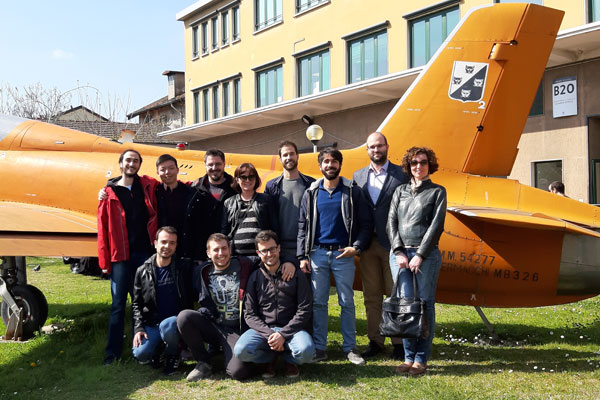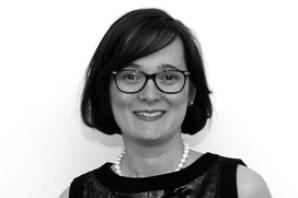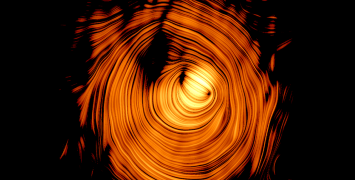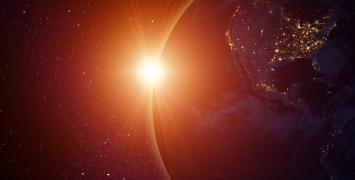Making space a safer place for satellites and spacecraft
Space has a wealth of resources for humanity. Scientific missions enable new discoveries and increase knowledge of our solar system. Satellites orbiting around the Earth provide us with a broad range of services for telecommunications, weather forecasting, marine and air traffic, forest mapping, etc. However, intense space activity comes at a cost both in terms of energy consumption and dangerous space debris produced.

The sustainability of space activities is under threat from unused satellites and launchers that have been abandoned in orbit at the end of their mission as well as from fragments brought about by explosions and collisions. It is estimated that there are more than 750 000 pieces of debris traveling at speeds fast enough to damage a satellite or a spacecraft. The amount of debris has been rising since 1957 when the first satellite was launched and this is increasingly becoming a danger for space shuttles and other spacecraft with humans aboard such as the International Space Station.
To tackle this problem, Prof. Camilla Colombo focuses her research on orbit perturbations, natural forces due to the gravity of the moon and the sun, atmospheric drag and solar radiation pressure. These perturbations affect the long-term evolution of the orbit of celestial bodies, satellites and space debris and need to be counterbalanced by satellite orbit manoeuvres, thus increasing fuel requirements. Her team are currently developing novel systems to allow satellites to “surf” through orbit perturbations with no need for counteracting manoeuvring. Satellites could then be able to reach the desired orbit and avoid collisions exploiting the forces of nature, with a significant reduction in fuel consumption.
Funded by the ERC, the project aims to radically alter the current space mission design by exploiting natural and artificial orbit perturbations rather than counteracting them via feedback control. The long-term outcome will be to significantly reduce the high cost of space mission and create new opportunities for space exploration and space debris mitigation.
As part of their dissemination activities, the team based at Politecnico di Milano have also developed two interactive games. Participants can explore the exciting applications of space, learning about the daily services provided by satellites and traveling through our solar system to observe other planets, or wear 3D glasses to embark on a virtual reality journey to watch Earth-orbiting satellites moving among space debris.
The team will participate in the EU Open Days on 4 May in Brussels, where they will explain their research to citizens through these interactives games.

The COMPASS team at Politecnico di Milano
@ 2019 COMPASS
Camilla Colombo is Associate Professor in Orbital Mechanics at Politecnico di Milano (Italy). Previously she was Associate Professor and Lecturer in Spacecraft Engineering at the University of Southampton (UK). From 2009 to 2012 she worked on an ERC-funded project on the orbital dynamics of micro-scale spacecraft. In 2013 she was awarded a Marie Skłodowska Curie fellowship. Her research interests range from orbital dynamics, trajectory design and optimisation, dynamical system analysis and control to space mission analysis and design.






